
Quantum Computing

Quantum computing is an advanced computing technology that uses the principles of quantum mechanics to process information. Unlike classical computers that use bits (0 or 1), quantum computers use qubits, which can exist in multiple states simultaneously (superposition). This allows quantum computers to perform complex calculations much faster than traditional systems. They also use entanglement, where qubits are interlinked, enabling more powerful parallel processing.
Quantum computing holds potential to revolutionize fields like cryptography, drug discovery, financial modeling, and artificial intelligence by solving problems that are currently too complex for classical computers. Though still in early stages, companies and researchers worldwide are developing quantum systems to achieve breakthroughs in speed, accuracy, and efficiency for next-generation computing challenges.
Next Generation Quantum Computing Solutions
Next generation quantum computing solutions harness advanced qubit architectures, error correction, and hybrid systems to solve problems beyond classical computing capabilities. These solutions enable breakthroughs in fields like cryptography, materials science, and AI. With increased stability, scalability, and cloud accessibility, next gen quantum systems aim to revolutionize industries by delivering faster, more accurate, and energy efficient computational power.
Strategic AI Implementation for Business Success
Quantum computing implementation for business success involves leveraging quantum algorithms and technologies to solve complex problems faster and more efficiently than classical systems. Businesses can use quantum computing for optimization, risk analysis, cryptography, material simulation, and machine learning. It enables breakthroughs in industries like finance, logistics, pharmaceuticals, and energy by accelerating R&D, improving decisionmaking, and reducing operational costs




Empowering Businesses with AI Driven Innovation
Empowering businesses with AI driven innovation through quantum computing enables faster data processing, advanced problem solving, and enhanced decision-making. Quantum AI accelerates complex computations, boosts predictive analytics, and unlocks new levels of optimization, helping businesses innovate, scale, and stay ahead in competitive markets. This synergy transforms operations in finance, healthcare, logistics, and cybersecurity with unmatched speed and intelligence.
Turning Ideas into Intelligent Solutions

Dr. Farah Ali
Frequently Asked Questions
What is quantum computing?

How is quantum computing different from classical computing?

What are the real world applications of quantum computing?

Is quantum computing available for businesses today?

What challenges does quantum computing face?


